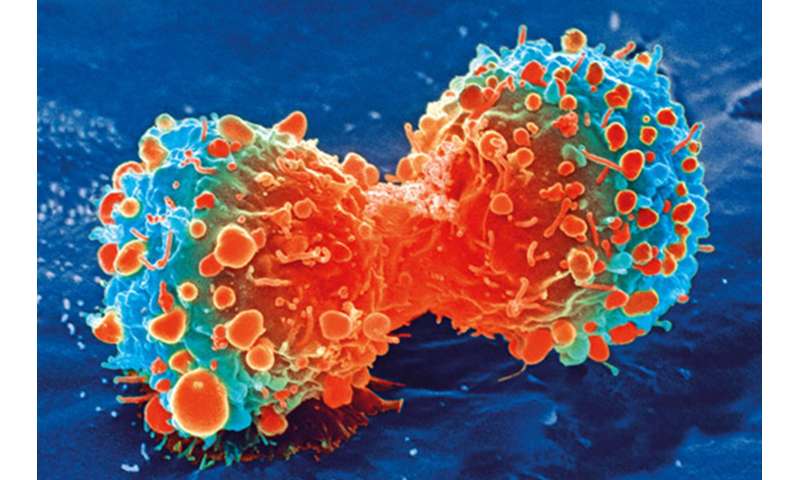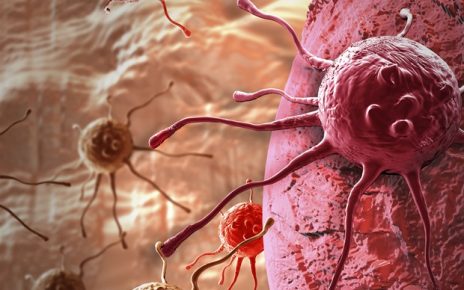
Researchers from Johns Hopkins University in collaboration with Insilico Medicine announce the publication of a new research paper titled “GULP1 regulates the NRF2-KEAP1 signaling axis in urothelial carcinoma” in Science Signaling.
The KEAP1-NRF2 pathway plays a key role in cancer prevention and protective cellular responses to oxidative and electrophilic stress. In normal and premalignant tissues the signaling pathways activated by NRF2 prevent cancer initiation and progression, but in fully malignant cells disruption of the KEAP1-NRF2 pathway results in the transactivation of NRF2 target genes, consequently inducing cell proliferation and other phenotypic changes in cancer cells.
In this study, the researchers from Johns Hopkins University in collaboration with Insilico Medicine analyzed the protein GULP1 and its influence on the KEAP1-NRF2 pathway. The results demonstrated that GULP1 knockdown leads to tumor cell proliferation in vitro and enhanced tumor growth in vivo, as well as the resistance to cisplatin treatment. In parallel with decreased GULP1 expression, an increased expression of antioxidant genes in cisplatin-resistant cells was observed. Furthermore, low or no expression of GULP1 was observed in most cisplatin nonresponder cases.
Together, the findings demonstrate that GULP1 is a KEAP1 binding protein that regulates KEAP1-NRF2 signaling in UCB, and that promoter hypermethylation of GULP1 is a potential mechanism of GULP1 silencing.
Source: Read Full Article



